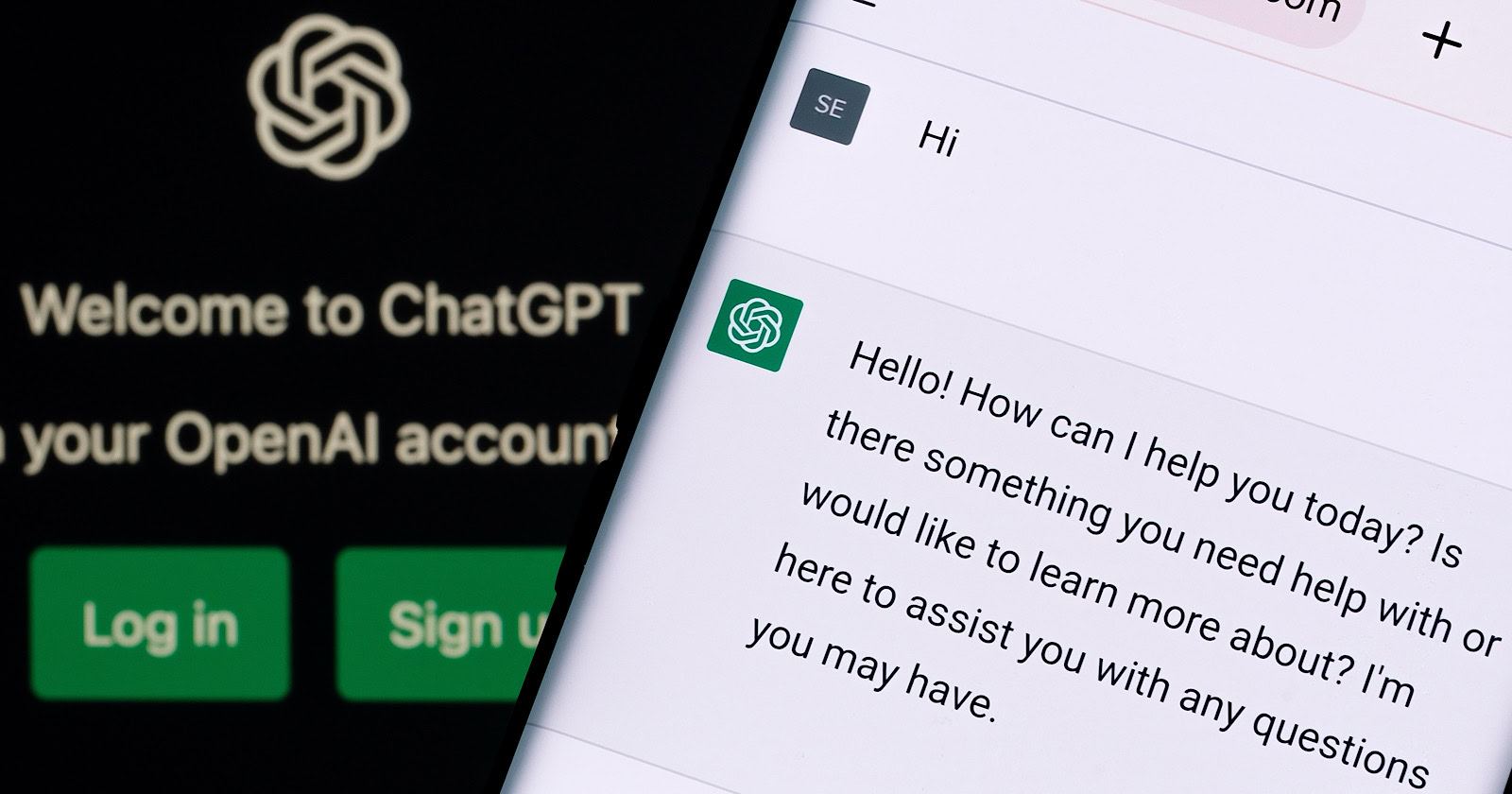OpenAI has decided against implementing text watermarking for ChatGPT-generated content despite having the technology ready for nearly a year.
This decision, reported by The Wall Street Journal and confirmed in a recent OpenAI blog post update, stems from user concerns and technical challenges.
The Watermark That Wasn’t
OpenAI’s text watermarking system, designed to subtly alter word prediction patterns in AI-generated text, promised near-perfect accuracy.
Internal documents cited by the Wall Street Journal claim it was “99.9% effective” and resistant to simple paraphrasing.
However, OpenAI has revealed that more sophisticated tampering methods, like using another AI model for rewording, can easily circumvent this protection.
User Resistance: A Key Factor
Perhaps more pertinent to OpenAI’s decision was the potential user backlash.
A company survey found that while global support for AI detection tools was strong, almost 30% of ChatGPT users said they would use the service less if watermarking was implemented.
This presents a significant risk for a company rapidly expanding its user base and commercial offerings.
OpenAI also expressed concerns about unintended consequences, particularly the potential stigmatization of AI tools for non-native English speakers.
The Search For Alternatives
Rather than abandoning the concept entirely, OpenAI is now exploring potentially “less controversial” methods.
Its blog post mentions early-stage research into metadata embedding, which could offer cryptographic certainty without false positives. However, the effectiveness of this approach remains to be seen.
Implications For Marketers and Content Creators
This news may be a relief to the many marketers and content creators who have integrated ChatGPT into their workflows.
The absence of watermarking means greater flexibility in how AI-generated content can be used and modified.
However, it also means that ethical considerations around AI-assisted content creation remain largely in users’ hands.
Looking Ahead
OpenAI’s move shows how tough it is to balance transparency and user growth in AI.
The industry needs new ways to tackle authenticity issues as AI content booms. For now, ethical AI use is the responsibility of users and companies.
Expect more innovation here, from OpenAI or others. Finding a sweet spot between ethics and usability remains a key challenge in the AI content game.
Featured Image: Ascannio/Shutterstock


